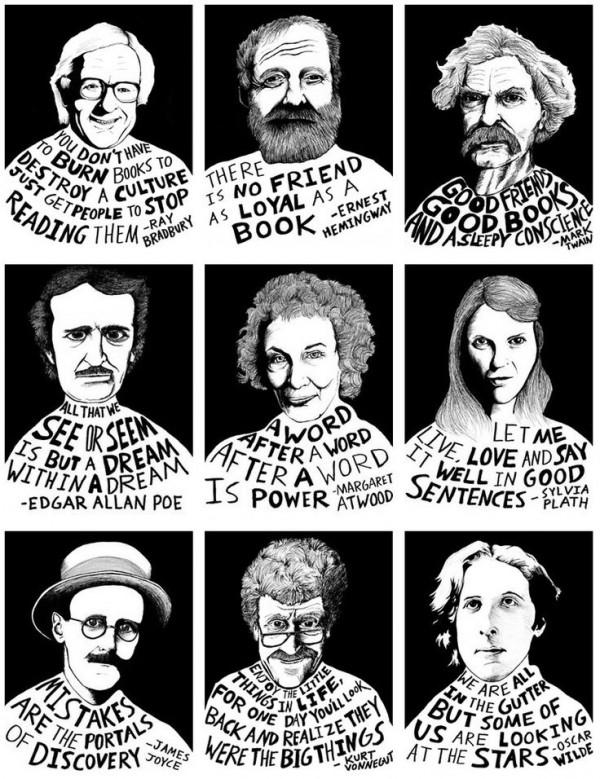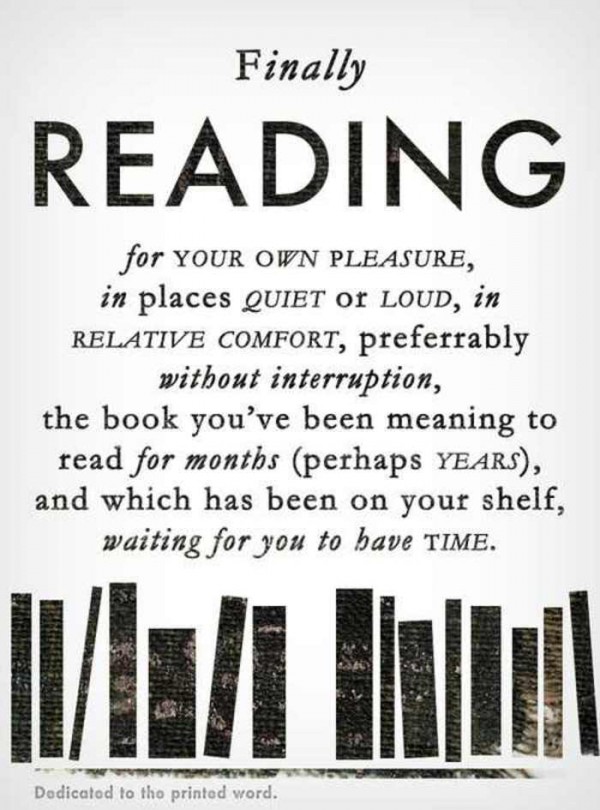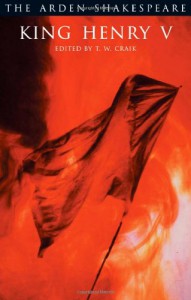Currently reading
 1
1

Gods, what a frustrating novel. So desperately did I want to like this that I set it down and tried again a day later, having let the strangeness wash over me and the language settle into my head.
In a combination of English and the occasional Spanish, Oscar Wao is the story of a short and frustrating lifetime. A combination of souls, lives which speak about their histories and their involvements in Oscar's upbringing, the novel talks of his formative years and the years he spent at college and beyond, dissolving into an incomprehensible web of past, present and future at times.
The sections are split into chapters, and the chapters each take a voice and perhaps ten or twenty subheadings, with no alert as to the changes in tone, voice or time. Frustrating mostly because as soon as one found that voice, it changed, and something newer and more frustrating got in the way.
The story, originally about what I think is a Dominican curse, quickly devolves into the miserable life of Oscar Wao, blamed on the curse and just as swiftly, it seems, forgotten, in favour of chronicling the various ups and downs and drifting into and out of popular culture. The result is... Well, I'm not entirely sure of the result, but it bemused the hell out of me.
I'm open to conversation on this, because I'm sure I've missed something, but the novel's not something I'd recommend to anyone seeking a consistent flow.
But we in it shall be remember'd;
We few, we happy few, we band of brothers;
For he to-day that sheds his blood with me
Shall be my brother;..."

A Re-read from the annals of time, picking up The Hobbit again was like wandering back into an old, safe, comfortable world. Full of home comforts and the smells of childhood stories, Tolkien's world is one of memory and satisfaction, a story which resists time, and settles into your body, your bones.
It's nice to know you can forever return to it, the characters sprouting out of the pages and welcoming you into your childhood, into the Lonely Mountain, and through the trees of Mirkwood until you're stood in the battles, in the gold and in the mouth of Smaug the dragon alongside the very words themselves.
[ReRead between The Hobbit: An Unexpected Journey and The Hobbit: The Desolation of Smaug]
 1
1

Anyone who's ever had trouble finishing a video game will garner immense satisfaction from reading this book. Five years prior to the start of the novel, James Halliday (a Jobs/Wozniak/Zuckerberg kind of figure), days after his death, set the world alight with a quest to inherit his fortune. Playing online, billions of people have tried, and all so far have failed.
Except, sort of, for one.
It sounds good! It really does. Having been one of those people, trapped in their game for hours, days, or even weeks, until throwing the cartridge at the window and hoping somebody else could move to the next stage, it serves me well to read a story which provides a satisfying pass. I want to see someone (dear god, anyone) complete their game. Which is why I quite enjoyed streaking through Ready Player One.
Littered with references to the Eighties (part of me was waiting for Patrick Bateman to jump out and join in on the name dropping), Cline's work is of the write-what-you-know variety, intelligently scribbled into a new world which climbs off the page and blurs into reality. We face two worlds in the novel, 'reality' and the online multiplayer 'OASIS', and they blend almost seamlessly to create a semi-automated, vibrant world of unreality, the people of Earth more interested in being logged in than locking eyes with the hottie in Starbucks.
Cline's novel is witty and wistful, but by no means sharp. There are perhaps forty pages which could be tightened, at least faster paced. The mildly unnecessary romance felt... Well, not forced but somewhat unrealistic, given that it was given little to no page time. As a novel for gamer geeks, and for anyone ever wronged by a game, however, it's great.








